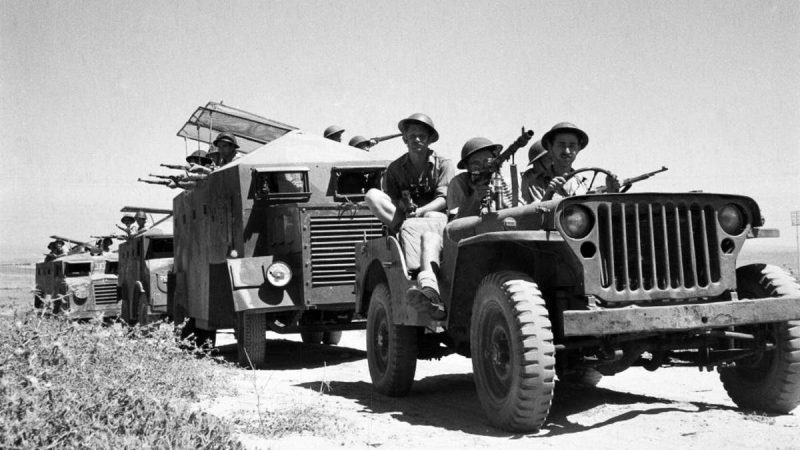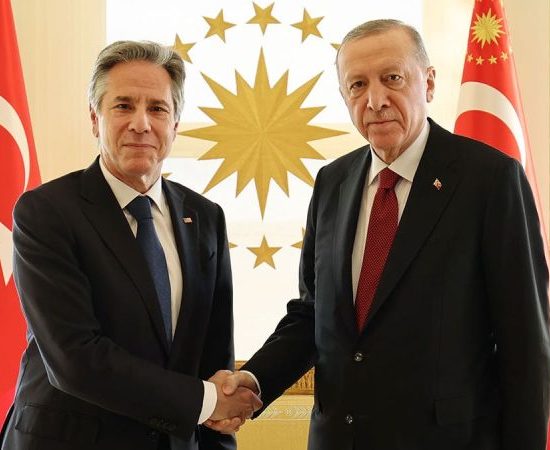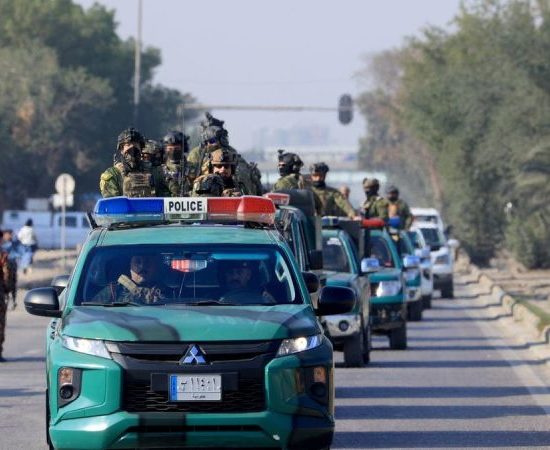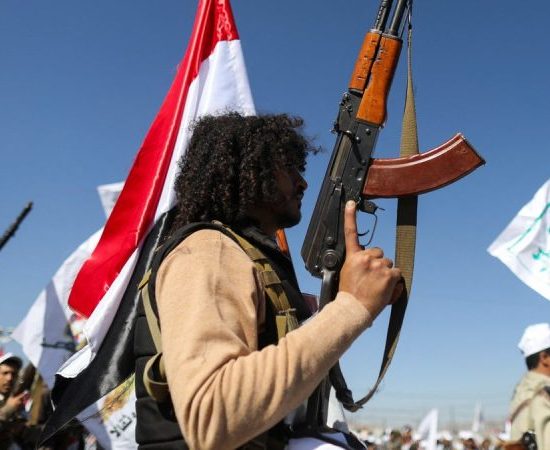Since the establishment of the state of Israel in 1948, the conflict between Israel and the Palestinians has only intensified over the years. This timeline of the Israeli-Arab/Palestinian conflict examines key moments in history that have shaped the long-standing struggle for control of the region.
1948: The Arab-Israeli War breaks out after the United Nations votes to partition Palestine into a Jewish and an Arab state. The Palestinians and other Arab countries reject the partition plan and launch a war against Israel, which leads to the creation of the State of Israel.
1967: The Six-Day War begins when Israel launches a preemptive attack against Egypt, Syria, and Jordan. The war ends in a total victory for Israel that expands its territory to include the Gaza Strip, West Bank, Sinai Peninsula, and the Golan Heights, among other areas.
1973: In the Yom Kippur War, Israel is attacked by a coalition of Arab nations but is eventually able to repel the assault.
1982: The Israeli Defense Forces invade Lebanon in the Lebanon War to push out various Palestinian Liberation Organization (PLO) guerillas operating in the area and to destroy its infrastructure. In 1985, Israel begins its withdrawal from the country.
1993: The Oslo Accords are signed between Israel and the PLO, signaling a significant achievement for peace in the region. The agreement established the Palestinian Authority and Palestinian self-rule in parts of the West Bank and Gaza Strip.
2000: The Second Intifada begins as a response to failed peace talks over the previous years. This period of violence and upheaval resulted in the death of over one thousand and worsened a long-standing mistrust between the two sides.
2008: Border conflicts between Israel and Hamas in the Gaza Strip, including a major three-week offensive, leads to further deterioration of the peace process. In late 2010, a 10-month moratorium on new Israeli settlement construction ends in the West Bank, and tensions once again increase.
2017: US President Donald Trump officially recognizes Jerusalem as Israel’s capital, prompting strong outcries from both Palestinians and other Arab nations. Despite international criticism, the move was hailed by many Israelis as a show of support for their country.
Today: The conflict continues to bedevil the region. The Israeli-Palestinian conflict remains an ongoing challenge for international diplomacy, with no signs of an end in sight. The recent tensions in Jerusalem, along with the continuing war in Syria and ongoing political transition in the region, have only further complicated the struggle for peace.





